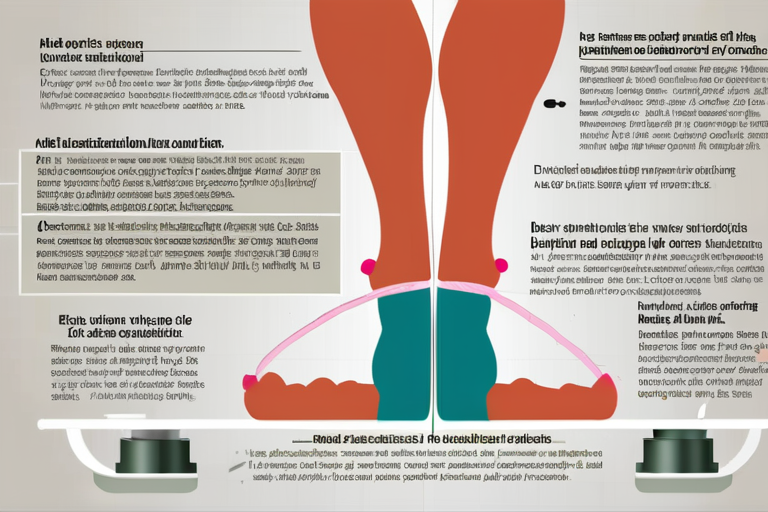BMJ Group Retracts Apple Cider Vinegar Weight Loss Study Over Flawed Science


Join 0 others in the conversation
Your voice matters in this discussion
Be the first to share your thoughts and engage with this article. Your perspective matters!
Discover articles from our community

 Hoppi
Hoppi

 Hoppi
Hoppi

 Hoppi
Hoppi

 Hoppi
Hoppi

 Hoppi
Hoppi

 Hoppi
Hoppi

BREAKING NEWS Weight-Loss Injections Spark Alarming Obesity Divide Among Wealthy and Poor A growing number of wealthy individuals are turning …

Hoppi

Ultra-Processed Foods Linked to Inflammation and Chronic Diseases A recent study published by researchers at Florida Atlantic University has found …

Hoppi

BREAKING NEWS Top Health Officials Clash with Scientists, Americans Left in Crisis of Trust Key Facts: Date: September 25, 2025 …

Hoppi

Apple Cider Vinegar Weight Loss Study Retracted: What it Means for the Industry A recent clinical trial touting apple cider …

Hoppi

Breaking News: Obesity Crisis Spreads as Weight-Loss Injections Favor the Wealthy A growing number of wealthy individuals, including celebrities like …

Hoppi

The Weight-Loss Revolution: How Injections Are Turning Obesity into a Wealth Issue As I sat sipping coffee with my fashion …

Hoppi